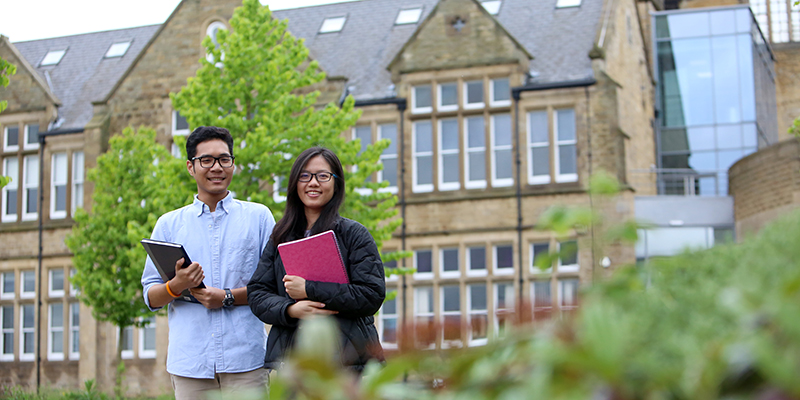Research project
Easing Your Transition After the Pandemic (EASYTAP)
- Start date: 1 September 2021
- End date: 1 September 2024
- Principal investigator: Dr Andrew Mearman Dr Tadeusz Gwiadowski
- Co-investigators: Dr Peter Hughes Michael Reynolds

Description
Background
Under any circumstances, student transition through university can be rather messy, far from the smooth, linear journey one might sometimes envisage. Further, these transitions vary across student groups. So, we cannot ever legitimately merely assume that a student reaching second year fits any single, modal profile.
The Covid-19 pandemic had a profound impact on learning, causing a rapid online pivot, meaning in many cases that students had no face-to-face teaching in 2020-21. The impacts of this disruption on student learning outcomes have been shown to be on average quite negative, with considerable variation across the population.
Existing educational inequalities were amplified as students lost access to full suite of university facilities and resources and fell back on home environments often not conducive to learning. Students reported a feeling of imposter syndrome and student leaders stressed that new students needed extra help building social connections and confidence.
Anecdotally our economics students reported not feeling ready for year 2, as they felt their first year had not been an authentic experience, not helping them adjust to being independent people.
Project overview
The EAYSTAP project aimed to understand student feeling about the year past (2020-21) and the coming year (2021-22) and to identify possible interventions we as staff could make. It was driven by primarily three questions:
- How confident are students feeling about teaching as they transition – and why?
- How confident are students feeling about wider university life as they transition – and why?
- What differences, if any, are there between different (groups of) students?
In order to find out, we gathered the views of first year students primarily in Economics, via a mixed-question online survey tool and focus groups, conducted by a student research intern from LITE. The survey was designed with input from an economics student representative, and colleagues from Psychology.
Logistical challenges meant that both instruments were deployed later than planned, which may have reduced response rates. Consequently, we received 47 responses (a response rate of just over 10%) and conducted one focus group. The survey sample is neither exhaustive of the population nor fully representative.
The study is an exploratory pilot and its findings preliminary. Nonetheless, we find them interesting and in line with other literature.
The project has now entered a new, wider phase, beginning in September 2022. We are this year collecting data from three compulsory modules across two years exploring transition via the lens of confidence, using data collected via research questions embedded in the modules, plus data collected from learner analytics. We plan to report initial findings in mid-late 2023.

